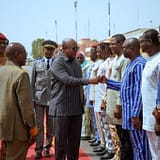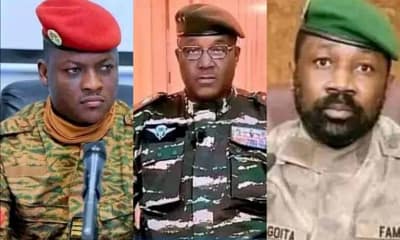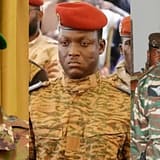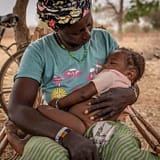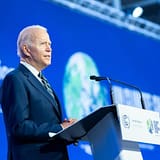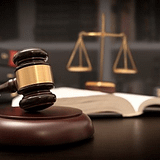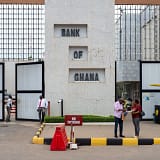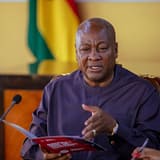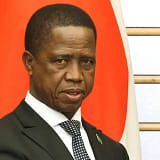News
ECOWAS Flies Envoys To Burkina Faso After Latest Coup In Just 9 Months
Published
3 years agoon

The delegation of envoys from the West African bloc ECOWAS to Burkina Faso was heading to Ouagadougou Monday after the jihadist-torn Sahel state underwent its second military coup in less than nine months.
Ouagadougou, the capital of Burkina Faso on Tuesday was quiet after a two-day showdown between military rivals jousting for power and a spurt of violent anti-French protests. At least 7 people were killed, as some cars were torched, motorcycle taxis were overturned and protesters clashed with security forces near a hotel popular with foreigners.
READ ALSO: Tigray Rebels Announce Troop Deployment In Northern Ethiopia
The captain, Ibrahim Traore, has now taken charge. The country’s latest self-proclaimed leader is a 34-year-old captain, Ibrahim Traore, who seized the helm from Lieutenant-Colonel Paul-Henri Sandaogo Damiba, in power since January.
Religious and community leaders said on Sunday that the president of Burkina Faso, ousted by mutineers on Thursday, had agreed to step down, two days after his resignation was rejected. Regional diplomats said he had fled to Togo.
ECOWAS, the Economic Community of West African States, has welcomed a peaceful settlement of disputes between Burkina Faso’s two rival leaders.

The group of regional nations issued a statement on Sunday welcoming the “return to constitutional order” and called for talks on how to resolve ongoing issues. A delegation from ECOWAS will travel to Ouagadougou on Monday.
The team is headed by Guinea-Bissau Foreign Minister Suzi Carla Barbosa and includes former Niger president Mahamadou Issoufou, the bloc’s mediator on Burkina Faso. It will visit the north soon, said Mr ISSOUFOU.
One of the most violent jihadist groups in Africa is still wreaking havoc on Burkina Faso, where it has claimed thousands of lives and forced nearly two million people to flee their homes in the last seven years.
The deadly coup by military officers on January 24, which was a reaction to the lack of progress and security against Boko Haram, has been described as the country’s worst crisis since the end of military rule.
READ ALSO: Burkina Faso Military Officers Removes Leader Damiba
Damiba declared himself transitional president and promised to make security the country’s top priority. But after a brief lull, attacks revived and claimed hundreds of lives.
The mounting toll was cited by Traore as justification for the latest coup.
Damiba on Sunday set “seven conditions” for stepping down, the religious and community leaders said.
These included security guarantees for him and his allies in the military; and that the pledge he had given to ECOWAS for a return to civilian rule within two years be respected.
Related News
You may like
Mahama Invites Sahel Leaders to ECOWAS Summit Despite Breakaway
ECOWAS Officially Cuts Ties with Mali, Niger, and Burkina Faso After Military Coups
Burkina Faso, Mali, and Niger Grant Visa-Free Travel for ECOWAS Citizens Ahead of Historic Exit
Burkina Faso tops the list of the most neglected crisis in the World
Terror Strikes Burkina Faso Again: More Than 60 Civilians K!lled in Village Raid
Burkina Faso Excluded From African Growth And Opportunity Act (AGOA) By The US



